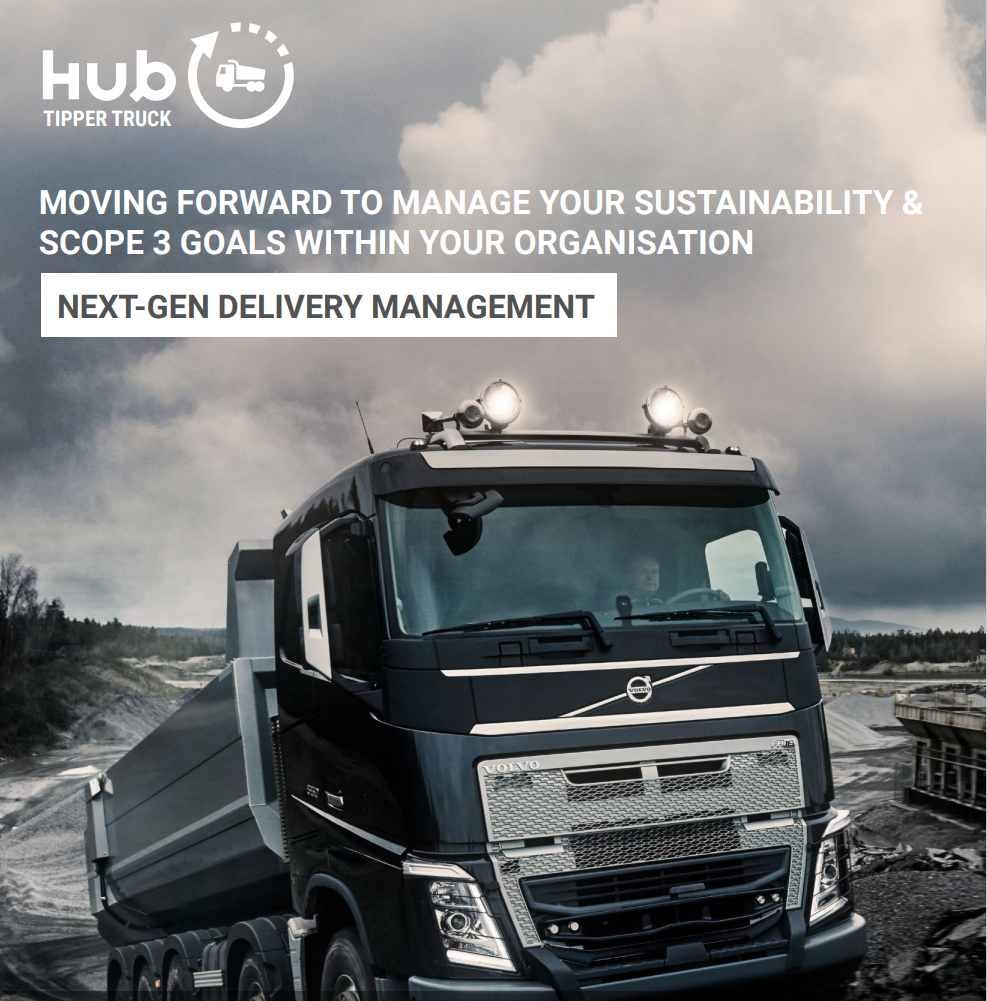The Hidden Cost of Old Habits — Why Developers Are Asking for Hub360
Missing paper dockets and fragmented records are one of the biggest drivers of construction delays and disputes. From late paperwork to unclear site records, inefficiency is holding Irish construction projects back — and costing developers both time and money.
According to Autodesk and FMI’s Harnessing the Data Advantage report, poor-quality or incomplete information costs the global construction sector an estimated $1.85 trillion annually. In Ireland, the problem is more local and more familiar: paperwork in construction slows valuations, fuels disputes, and delays payments.
Saving Time, Boosting Efficiency: How HUB360 Transforms Public Project Management
When local authorities are under pressure to deliver faster, comply better, and stay accountable, efficiency becomes everything.
Teams managing roads, infrastructure, and environmental compliance face growing demands — from Article 27 obligations to Circular Economy targets — all while navigating legacy systems and stretched capacity.
HUB360 brings clarity, automation, and real-time control, making compliance not just achievable, but efficient.
How Construction Teams and Developers Are Driving Profitability with Digital Delivery Platforms
For many in the construction industry—especially developers and infrastructure contractors—the push to digitise often starts with compliance. Regulatory pressures, public client demands, and sustainability targets all play a role.
But the real value of digital delivery platforms often goes far beyond ticking compliance boxes.
Tools originally introduced to manage risk or reporting are now helping teams streamline processes, reduce waste, and strengthen margins—without adding workload.
The Circular Economy Mandate in Irish Road Construction
The days of “dig it up and dump it” are over.
With the launch of Ireland’s Circular Economy Strategy and the National Waste Management Plan for a Circular Economy (2024–2030), local authorities are now expected to treat construction materials as valuable resources, not disposable by-products.
Nowhere is this shift more visible than in road construction—and particularly in the handling of blacktop planings.
Why Irish County Councils Must Rethink Material Movement and Emissions Reporting — Before It Becomes a Liability
As environmental regulations tighten and public scrutiny rises, Irish county councils are facing a new and complex challenge: how to confidently and legally verify the movement of materials and emissions across their construction and maintenance projects.
For years, the industry standard has relied on paper dockets, manually completed spreadsheets, and assumed emissions factors passed up the chain from subcontractors. But those days are coming to an end.
The Financial and Operational Case for Digitising Road Planing Recovery
In today’s rapidly evolving construction and infrastructure sectors, road planing recovery represents a significant untapped opportunity for optimisation and growth. With annual material recoveries valued at millions of euros, organisations face growing pressure to ensure compliance, improve efficiency, and meet sustainability benchmarks. Here’s why digitising road planing recovery with Hub360 is not just a smart move but an essential one for future success.
Ending Levy Exemptions for Construction Waste: The Key Role of Hub360 in Real-Time Tracking
Starting 1 September 2024, Ireland will see a significant change in its waste management regulations. The Waste Recovery and Landfill Levy Regulations will be amended to remove exemptions for Construction and Demolition (C&D) waste. This blog delves into the implications of this change and highlights how Hub360's digital tracking capabilities will play a crucial role in this new landscape.
Uniting the Construction Sector: Hub360's Vision for a Circular Economy
In the face of escalating environmental concerns and the urgent need to transition towards sustainable practices, the concept of a circular economy has emerged as a beacon of hope, particularly within the construction industry. Hub360, with its commitment to innovation and sustainability, stands at the forefront of this transformation. The approach taken by the Hub360 platform highlights a fundamental truth: achieving a circular economy in construction depends on a unified commitment to responsible material management and stringent oversight of resources.
How Hub360 Supports Accurate Scope 3 Emission Measurements in the Construction Industry
The construction industry faces significant challenges in managing Scope 3 emissions, which include all indirect emissions (both upstream and downstream) that occur in the value chain of the reporting company, excluding scope 2 emissions. These can be emissions associated with the transportation of materials, waste disposal, and even the use of sold products. Understanding and controlling these emissions is not only critical for environmental sustainability but also increasingly for compliance with evolving regulations and standards.
Unlocking Efficiency and Compliance: The Case for Hub360 in Construction Waste Management
For developers not using the HUB360 Tipper App, several pain points arise, especially when managing construction and demolition (C&D) waste and aggregate materials within the rigorous compliance frameworks and environmental sustainability goals. These challenges include:
Sean O'Neill's Visionary Leadership: Guiding Moyglare Sand & Gravel toward Efficiency and Sustainability with the Implementation of Hub360
In a recent video, Sean O'Neill, Operations Director at Moyglare Sand and Gravel, talked about how he successfully introduced the Hub360 App. His adept handling of change made the transition smooth while his proactive leadership has proven to be a game-changer, significantly optimising operations while fostering an overwhelmingly positive impact throughout the company.
Michael Smith Jnr Transforms M.Smith Haulage & Sons with the HUB360 App
We've recently jumped on board with the Hub360 App. We ditched the paperwork, and it's been a game-changer.
“The Hub360 App put an end to all the paper headaches—no more dealing with paper dockets, lost paperwork, or storage issues. Now, we have smooth workflows that really boost our day-to-day efficiency.”












